The 7 Deadly Sins and Martial Arts
Hi, everyone!
This week's blog post is really late, isn't it?
The reason for that is quite good. For once I have spent a Saturday away from my computer with my best friend and the nicest kids I know. That was a Saturday well-spent.
Today's post might not make sense to a lot of modern day martial artists or martial arts fans as I see that training these days is all about plyomentrics, explosive power training, sparring and so forth. Well- I guess it gets the job done if the job is being a good athlete.
To me, however, martial arts are about the improvement of the human condition. The fighting techniques we learn are not the only useful part there is to a martial art.
Shaolin Kungfu we know started at almost the same time as Zen Buddhism in China. Buddhist monks are known for staying away from violence. The monks of our favourite temple in the Songshan mountains in Northern China are no different. For them- the fighting and martial training that they undergo serve a far higher purpose than beating up villains or winning tournaments.
Now- I am sure that a lot of Western readers have at least a basic knowledge of Christian teachings.
For this reason I have decided to take a very classical Christian principle, that was originally taught by Christian monks like Evagrius the Solitary in the fourth century after the death of Christ to show you how one's performance as a martial artist reflects on one's spirit and also- how one's conduct in day to day life affects one's development as a martial artist.

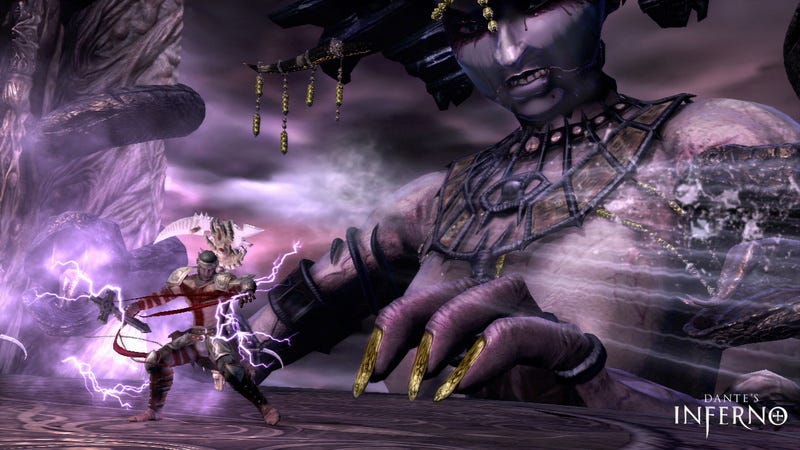


Long before the advent of the PS3 and a game called Dante's Inferno it was actually my 8th grade History teacher who introduced me to the concept of 7 deadly sins. I was tasked to go and found out what these deadly sins for our lesson about the Middle Ages and particularly the part played by the Roman Catholic Church in those times. This has to be seen in the context that all of us in the class came from a Protestant upbringing and we had no idea of Catholic teachings such as this.
Well- a trip to the town library later I came back with a list of these sins and saw that they had very little connection with the Ten Commandments, so I would never have been able to guess them without research.
Later on- I have learnt that the reason why scholars concentrated on these particular sins, which are in effect 7 different states of mind, was because these were the states of mind that weighed down on a person's soul. Buddhist scholars would also agree that these 7 states of mind will prevent you from ever attaining enlightenment as long as they are present and followers of Hare Krsna will tell you that you will not see your next life in the Realm of Lord Krsna if any of these sins are part of your life.
Whatever you believe- these 7 states of mind are a good guage of spiritual refinement and if one regards the practice of martial arts as a spiritual activity- you will understand that you have to overcome these 7 states of mind in order to attain mastery of your martial art as well.
So- without further ado, lets look at these sins and how they affect your martial art skills:
1. Pride
Well- if you are to ask Vegeta here he'd say that pride is a great motivator. Well- maybe. So is greed and anger. As with all motivators, though, pride is inevitably a weakness. Taunting is not supposed to work in a fight. Still- it can get a proud fighter to launch an expected attack against someone who is ready for him.
The sin of pride is basically committed when one seeks to satisfy one's own ego.
I think MMA fans can still remember how this inflated ego got deflated after the incident in the photo below...

We also know that many of us have started martial arts to feel better about ourselves, but ended up finding that the training involved can deal quite a blow to one's ego. Some students feel that they would rather avoid being humiliated or simply made to do things at which they are not good yet simply to spare their own egos and then they quit.
True martial arts masters like Bruce Lee understood that the goal of martial arts training was not to feed one's ego, but to destroy it. We do what we do not because it makes us look cool or because we regard ourselves as being better than anyone else, but because it is right. No other reason.
2. Greed
You know- writing a paragraph about this nowadays is far too easy.
I think many readers out there can tell us how greed buggers up the quality of teaching and that of the "masters" that get produced by a system where making money is prioritised over the heart of martial arts.

What I will add, however, is that a student can also suffer the consequences of greed if he thinks that his skills and knowledge are to be used to help him get whatever material benefit that he desires in this world.
Where warfare strategist Sun Tzu wrote that one is to lure the enemy with "the prospect of gain" Shaolin Kungfu also teaches the one on one fighting strategy of intentionally creating openings for the opponent to attack. Greed makes one over-eager to seize what you see. This shows in a person's fighting style as well and can be used against him.
3. Lust
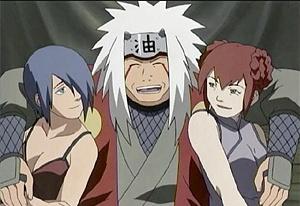

If you look at these two well-known pervert masters from classic martial arts themed anime you can see that the Japanese actually know that lust actually has no place in the martial arts, which is why these two characters appear at their most ridiculous when they fall prey to their own lust.
In the West we also see how a teacher's lust can actually destroy the learning environment in a modern-day martial arts class. Now I am trying to remember... Jackie Bradbury called one such instructor or that type of instructor Sensei Scumbag or something...? Yes! I think it was Sensei Scumbag!
Thing about it is. Sure! Your status as a martial arts teacher can get you respected, but if everyone can see that you use that status to score with female students you will very quickly lose that respect. A class where the teacher is not respected is not a class.
And yes!
I am well aware of how this guy's lust basically ruins the reputation of what has always been the most sacred sources of martial arts in the world!
Taoist martial arts teachers (like teachers of Taijiquan) might tell you that excessive sexual activity also drains your qi to such an extent that it can render your technique useless. This view is not shared by all modern teachers, nowadays, but one teacher of Nei Kung had told me that THIS was the reason for Samson's capture as portrayed in the Bible rather than his hair getting cut.
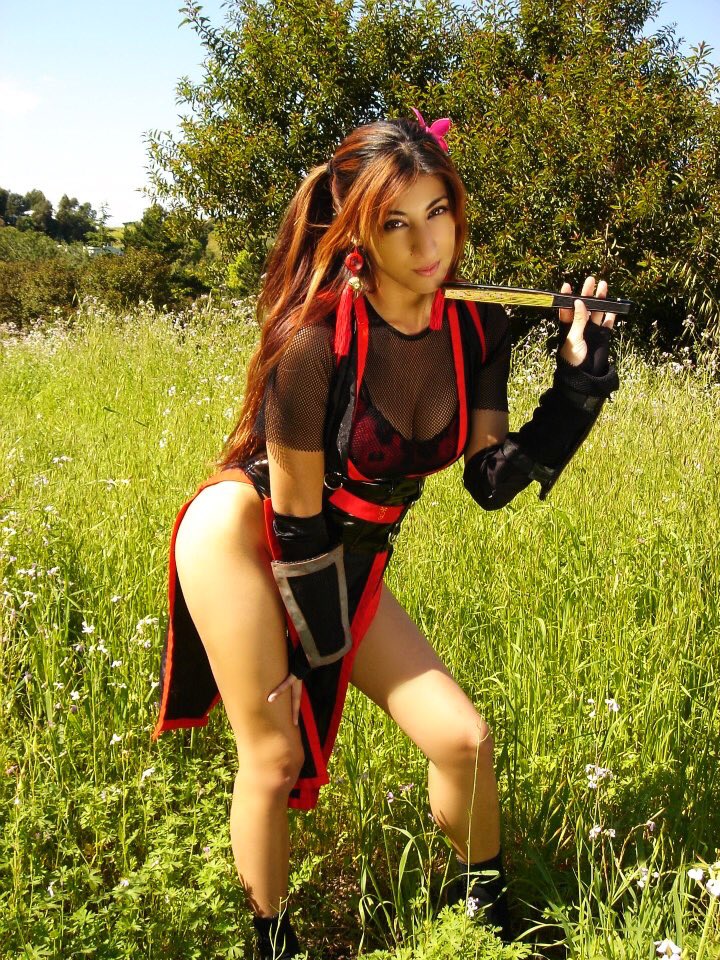
From another point of view- if you love Ninja stories as much as I do you probably know a story or two about some lecherous diamyo or politician who had met his end at the hands of a seductive kunoichi because of his lust.
4. Envy
Envy leads to shitposting among other things...
Wherever envy of another person's style, skill, equipment or anything else might take you- it takes up time that you could have spent on improving yourself.
Sure- we know that there is always someone better out there. That is not relevant to our training, however. What is relevant is that you have to be better than you were the day before. Sitting around thinking about how much better someone else is does not do you any good. Working on yourself, though- that always does a lot of good.
It is true that over time your skills and abilities improve enough for you to take it outside and beat others with it, but that is merely a side-effect of training, not the goal itself.
5. Gluttony
I don't think I can write anything better on this topic than what Sensei Jesse Enkamp had written in the article below:
http://www.karatebyjesse.com/the-karate-diet/
In Rudyard Kipling's Jungle Book we also found that Mowgli had waited for the tiger Sheer Khan to first eat himself full before he killed him.
If I am not mistaken the legendary Arjuna from Hindu Lore killed a demon the same way...
Nonetheless- I am sure we can all understand that if our bodies are to be weapons, they cannot operate efficiently if they are overweight and the stomach is full of food all the time.
6. Wrath (Anger)

In the movie, Dragon- The Bruce Lee Story Bruce was shown testing a college boy's patience to its limit when he delayed fighting to take off his shoes, warm up etc.
While I don't know whether that had actually happened in the real Bruce Lee's life I had read a more dreadful version of this story in a chapter about Musashi Miyamoto in one of the martial arts books that I had read during my childhood.
In the story a 13 year old Musashi was armed only with a bokken- the wooden sword that Samurai used for practice while the older boy was ready to kill him with a live katana. Musashi first arrived late to face the challenge, then stalled further by taking off his overcoat.
When he was finally ready his enraged adversary was so relieved to finally get to the point of fighting that he rushed in blindly, only to have his attack miss and to get rewarded with a death blow with Musashi's bokken...
When he was finally ready his enraged adversary was so relieved to finally get to the point of fighting that he rushed in blindly, only to have his attack miss and to get rewarded with a death blow with Musashi's bokken...
One of my favourite DC comics characters is Lady Shiva.
When she trained Tim Drake, the second Robin, she also said that only a fool thinks that anger can help him in a fight.

It sounds very ironic in this day and age where trash talk and displays of rage are associated with martial arts in this day and age.
Masters know, however, that an opponent that easily gets angry also easily gets defeated.
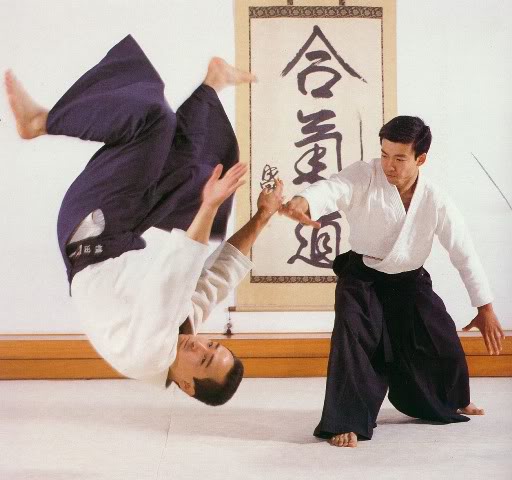
Anger disrupts our timing, slows down our responses and diminishes the precision of our techniques. Martial artists fight best with a calm, focused mind.
7. Sloth (Laziness)
We don't know what laziness does to martial arts because we have never seen lazy martial artists, right? :D
Well- you could skip a class or two, train only when you really feel like it and then quit when it stops being fund and you will end up with the skill of a McDojo dropout.
Thing is- your skill will be like that even if you drop out from the best dojo in the world...
If you want to have anything near the skill of a Shaolin Monk, however, you need to train reguarly and dilligently.
Well- you could skip a class or two, train only when you really feel like it and then quit when it stops being fund and you will end up with the skill of a McDojo dropout.
Thing is- your skill will be like that even if you drop out from the best dojo in the world...
If you want to have anything near the skill of a Shaolin Monk, however, you need to train reguarly and dilligently.
Sure- a body becomes stronger during its resting time, but only because of the hard work it has been given before then.

The movements of a lazy martial artist are easily recognised for being clumsy and slow. The grace and poise we see in Wushu competitors are the result of rigorous training.
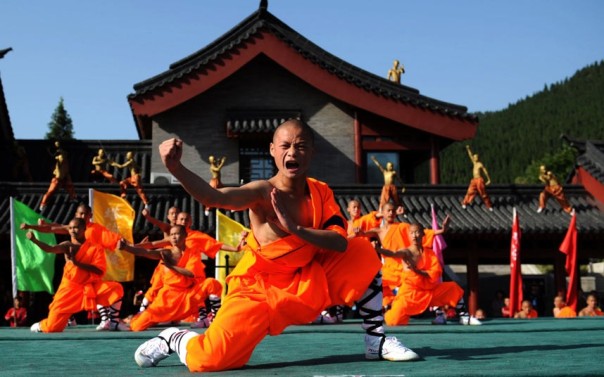
With all this being said it can easily be understood how martial arts can also help to make the world a better place.
That's it from me for now.
Have a good week ahead!



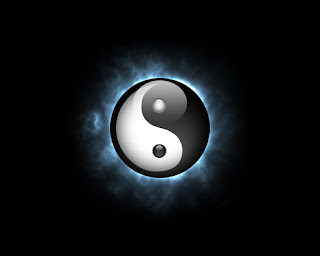
Comments
Post a Comment